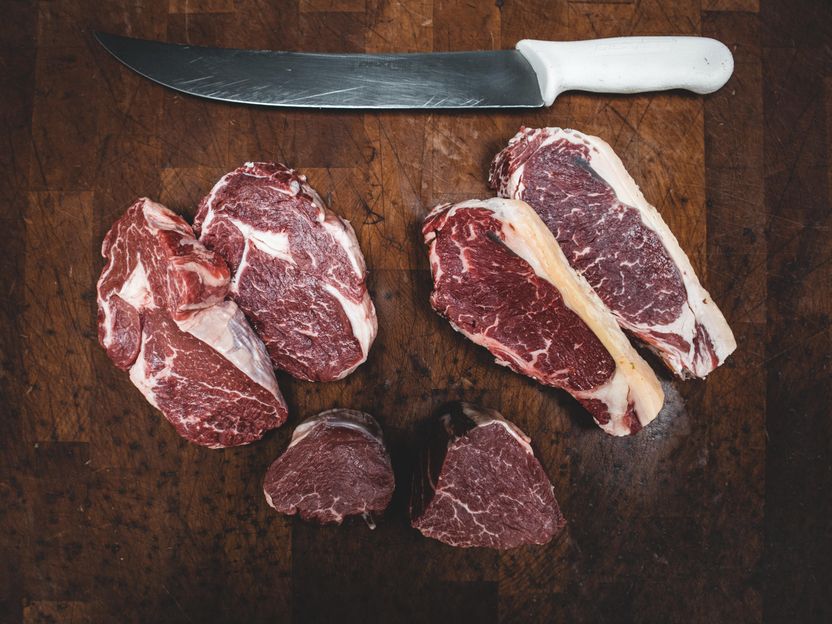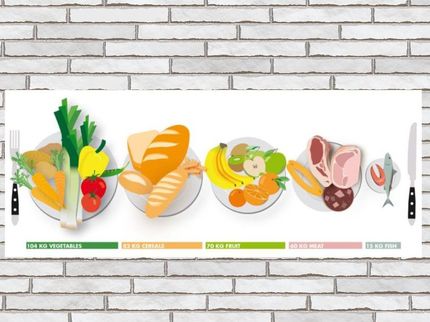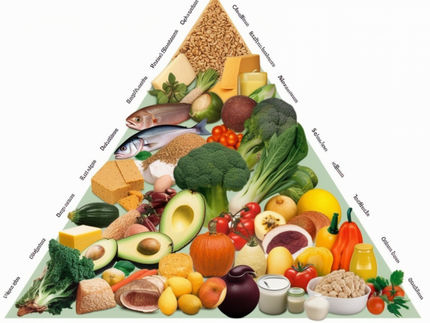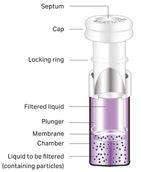Experts warn: Meat substitutes often much more expensive than meat
Advertisement
The barbecue season is in full swing - and savings and discount offers on barbecue products attract many people to the supermarket. An analysis by the environmental organization WWF now shows that the majority of barbecue meat in German supermarkets is significantly cheaper than meat substitutes. Experts warn of the ecological consequences of this price imbalance.

unsplash
For the analysis, WWF recorded 922 grilled meat offers in the advertising brochures of eight German supermarket chains between the end of April and the end of May. According to the study, retailers advertised discounted pork steaks or grilled sausages at an average price of 6.36 euros per kilo, or discounted poultry meat at 5.67 euros per kilo. Tofu sausage and soy burgers are more than twice as expensive at 13.79 euros per kilo, even when on sale.
On average, 85 percent of the discounted barbecue meat was cheaper than plant-based alternatives. In addition, grilled meat products are advertised almost 30 times more frequently than meat substitutes, according to the study. In addition, according to the analysis, only a small number of products come from higher-quality livestock. Only two percent of the discount products showed organic quality, and in many cases the origin was not indicated at all.
Tanja Dräger de Teran, nutrition expert at WWF, criticizes that the masses of cheap meat are at the expense of the environment. In order for meat to be sold so cheaply, large numbers of livestock had to be kept and feedstuffs such as soya had to be imported from South America. This heats up the climate and destroys valuable habitats.
"With cheap meat, the Amazon is being sold off," she criticizes. For example, 96 percent of the soy cultivation area is used for animal feed - and only four percent for plant-based food.
The Federal Environment Agency (UBA) also stresses that livestock farming and the high consumption of animal products in Germany have a negative impact on the environment and climate. The high level of intensive livestock farming, for example, contributes significantly to the emission of climate-damaging gases such as methane, which ruminants release during digestion. Nitrous oxide emissions and excess nutrients as a result of manure storage and spreading are also harmful, he said.
"We have massive emissions to air and soil. Therefore, in addition to process engineering measures, it would be important to greatly reduce the consumption of meat and animal products," says Almut Jering of UBA. Such measures could include filters on livestock buildings or the use of farm manure for energy. In addition, antibiotics used in intensive livestock farming are released into the environment, she criticizes.
But why is meat substitute often more expensive than meat? Antje Risius, who conducts research on sustainable eating styles at the University of Göttingen, explains the striking price differences by the fact that meat is an established product on the market, while substitute products are still "newcomers". "The meat market has an incredible competitive advantage because the structures are already established. There, production can take place at a completely different level, efficiently and structurally at very favourable prices."
Because they are mostly still in the development phase, substitute products still have relatively high investment costs. In addition, they are often highly processed - and the many intermediate processing steps are also expensive, says Risius.
The fact that unprocessed vegetables are sometimes more expensive than meat, depending on the production process and season, can also be explained by the production structures. Germany is heavily dependent on imports for fruit and vegetable production.
"In Germany, we achieve a degree of self-sufficiency for vegetables of just over 30 percent," says Dräger de Teran. In addition, more manual work is often required here and vegetables generally take longer to reach the consumer's plate. The fattening time for a grilled chicken, for example, is about 30 days, whereas broccoli takes about 90 days from sowing to harvest.
The WWF warns that the price imbalance between meat and meat substitute products leads to many people resorting to meat for cost reasons. However, sustainable nutrition should not remain a social issue, Dräger de Teran demands. "We need to get to the point where the easy choice is the good, healthy and sustainable choice. And we are still a long way from that."
A growing range of meat and dairy substitutes in supermarkets is attracting interest from more and more people, despite the often higher price, finds Jering of the UBA. Recently, the number of people eating a vegetarian or vegan diet has increased significantly. "I think there is some social progress going on there."
The WWF, meanwhile, sees politics and business as having a greater duty. The organisation is calling on the next German government to introduce a tax on animal-based foodstuffs that is based on sustainability criteria and places less of a burden on products from organic farming. From the retail sector, a change in pricing policy is needed: for example, no more discounts should be given on meat and sausage products, except shortly before the expiry date./jjk/DP/zb (dpa)
Note: This article has been translated using a computer system without human intervention. LUMITOS offers these automatic translations to present a wider range of current news. Since this article has been translated with automatic translation, it is possible that it contains errors in vocabulary, syntax or grammar. The original article in German can be found here.



































































